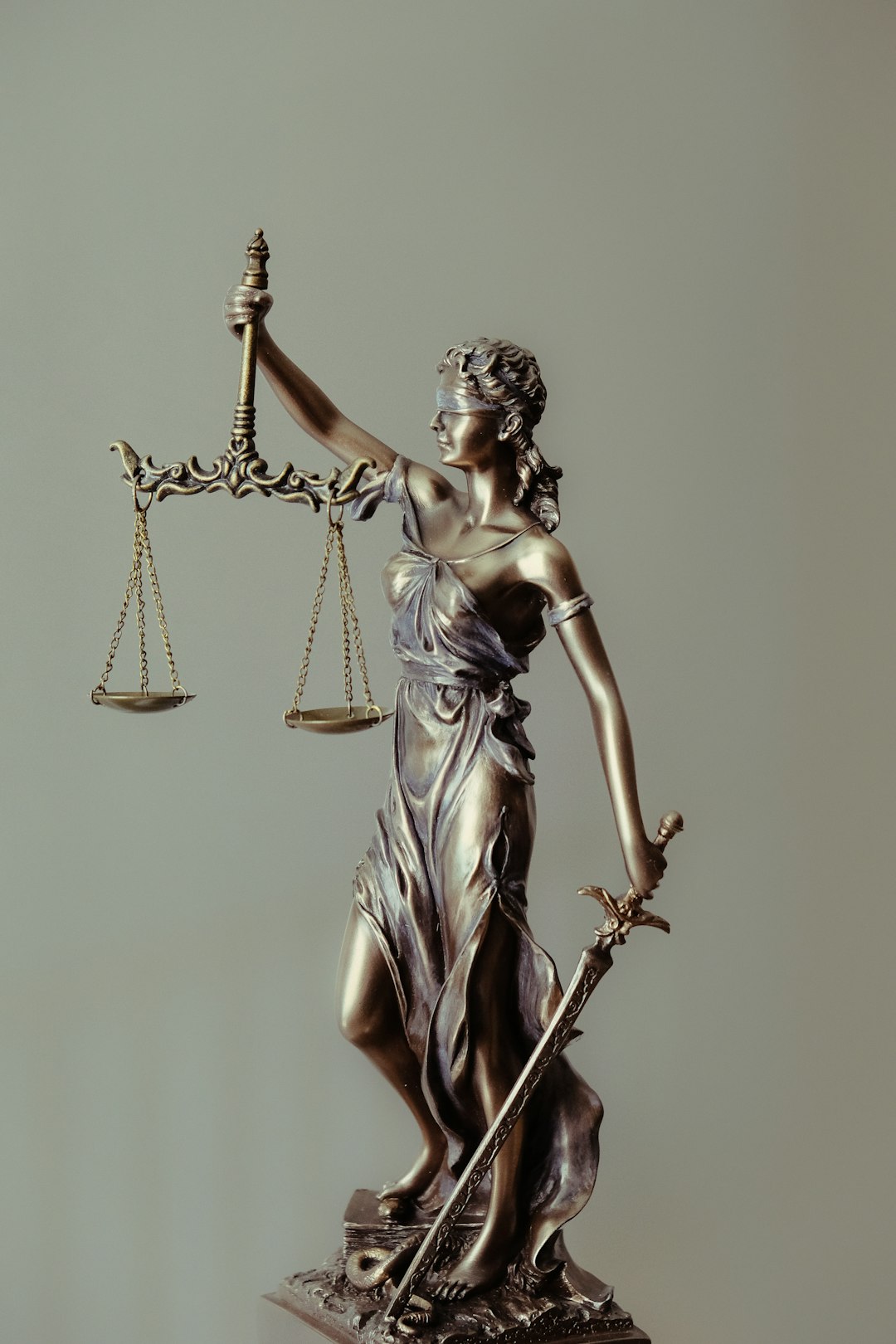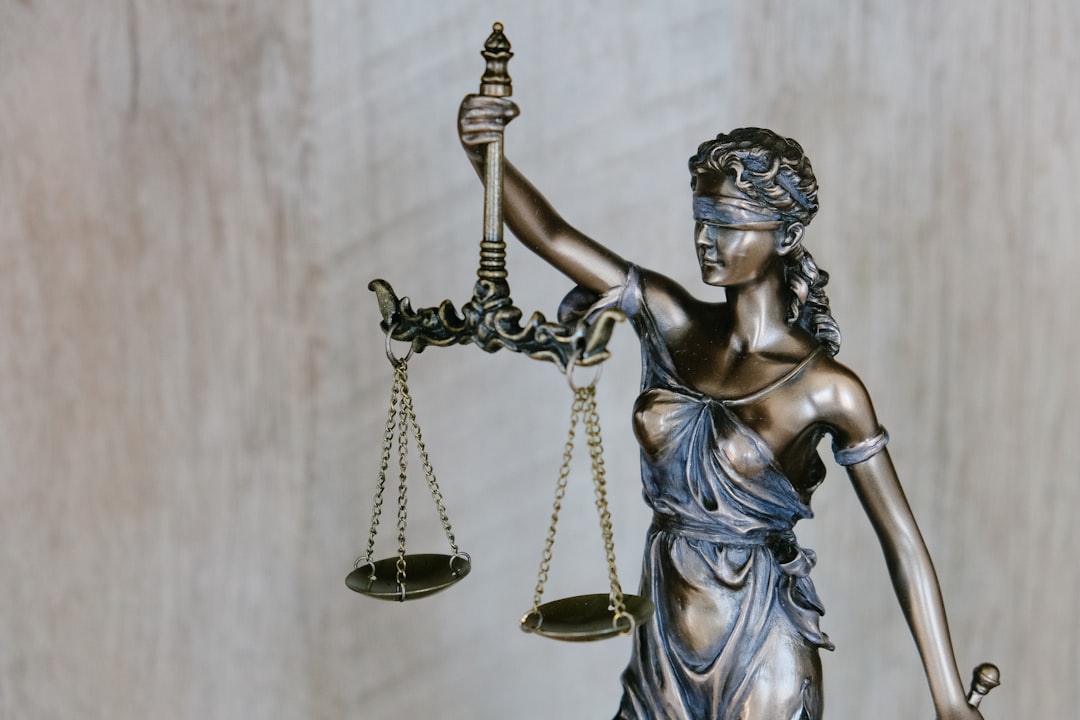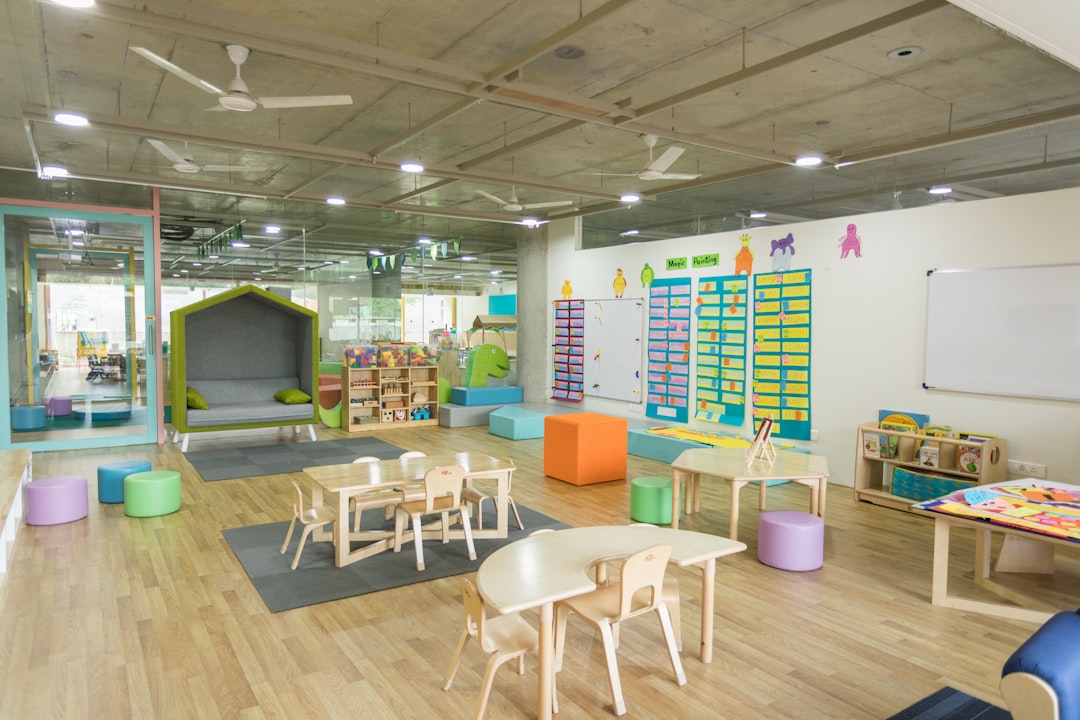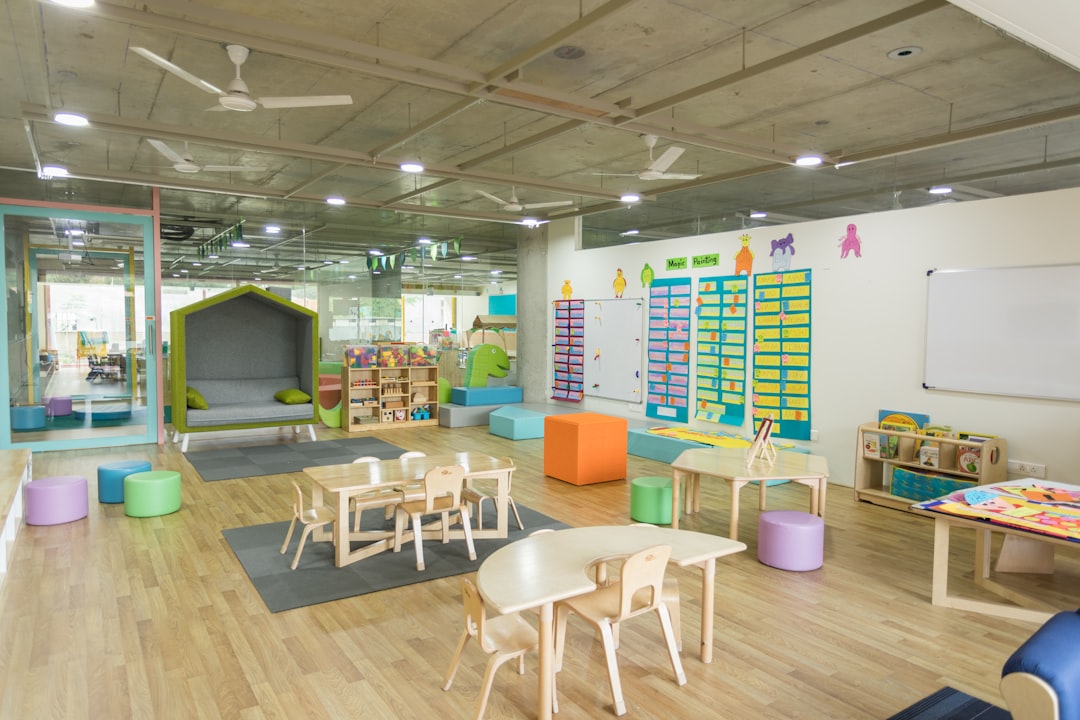Maryland's strict daycare regulations focus on child safety, covering staff ratios, training, and emergency protocols. Parents should be aware of mandates on background checks, transportation, and medical emergencies. Regular inspections, observing staff-to-child ratios, and assessing emergency preparedness are key to identifying potential hazards. Consulting a daycare abuse Lawyer Maryland offers guidance on regulations and child protection. Creating a personalized safety plan involves identifying hazards, understanding protocols, clear communication, and staying informed about security policies.
Creating a comprehensive safety plan for your child in Maryland daycare centers is paramount to ensuring their well-being. With proper knowledge of state regulations and an awareness of potential risks, parents can navigate these environments confidently. This guide delves into understanding Maryland’s childcare standards, identifying common hazards, and crafting tailored safety strategies. Armed with this information, you can protect your child from possible daycare abuse and ensure a secure environment. Consult a Maryland daycare abuse lawyer for expert guidance if any concerns arise.
Understanding Maryland's Daycare Regulations and Requirements

Maryland has strict regulations in place to ensure the safety and well-being of children in daycare settings. Understanding these requirements is a crucial step in creating an effective safety plan. Every daycare center must comply with the Maryland Department of Education’s licensing standards, which cover various aspects, including staff-to-child ratios, training for caregivers, and protocols for emergency situations. These regulations are designed to prevent potential risks and ensure that daycares maintain a secure environment.
Parents should be aware that these rules also encompass policies related to background checks for employees, supervision during transportation, and handling of medical emergencies. Knowing what is mandated by law allows parents to actively participate in their child’s safety and identify any gaps in the daycare’s procedures. Should any concerns arise, consulting a daycare abuse lawyer in Maryland can provide guidance on navigating these regulations and advocating for your child’s protection.
Identifying Potential Safety Hazards and Risks in Daycares

Identifying potential safety hazards and risks is a crucial step in creating a comprehensive safety plan for your child in Maryland daycares. Daycares, despite their nurturing environment, can pose various dangers if not properly managed. Common hazards include tripping hazards, toxic substances, inadequate supervision, and even potential daycare abuse. As a parent, it’s essential to recognize these risks and take proactive measures.
You should conduct regular inspections of the facility, observing the layout, equipment, and staff-to-child ratios. Look for any signs of neglect or abuse, as well as assess how well the staff handles emergency situations. Additionally, stay vigilant about potential risks outside the daycare, such as proximity to busy roads or other hazards, and ensure that proper safety protocols are in place to protect your child from these dangers. Remember, a thorough understanding of these issues is the first step towards keeping your child safe while they attend daycare. Consulting with a qualified daycare abuse Lawyer Maryland can also provide valuable insights and help you stay informed about your rights and options.
Crafting a Personalized Safety Plan: Protecting Your Child's Well-being

Creating a personalized safety plan is an essential step in safeguarding your child while they are in a Maryland daycare setting. This document should be tailored to address specific concerns and needs, ensuring that your child’s well-being is protected at all times. Start by identifying potential hazards or risks within the daycare environment, such as unsafe play areas, inadequate supervision, or instances of previous daycare abuse. Collaborate with the facility staff to understand their existing safety protocols and identify any gaps.
Incorporate clear guidelines for communication between you and the daycare providers, especially regarding your child’s unique needs and preferences. Establish regular check-ins and prompt reporting of any unusual behaviors or incidents. Empower yourself by learning about Maryland laws pertaining to daycare regulations and abuse prevention, giving you a legal framework to advocate for your child’s safety if necessary. Involve yourself in the daycare community, attending parents’ meetings and staying informed about policies that directly impact your child’s security.





